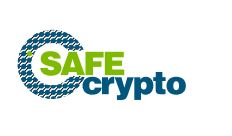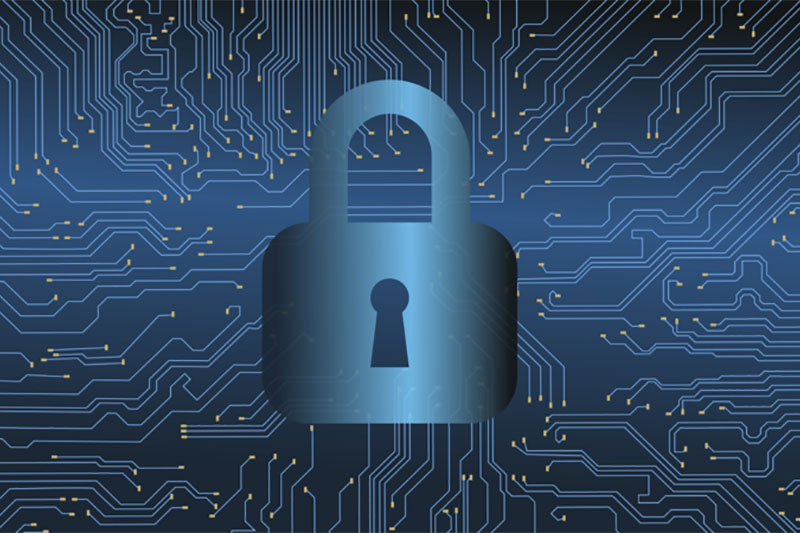
The ‘Secure Societies – Protecting the Freedom and Security of Europe and its Citizens’ (SC 7) challenge, looks at the protection of citizens, society and the economy as well as Europe's assets, infrastructures and services, its prosperity, political stability and well-being.
It aims to boost the effectiveness of the Security Union, protect the infrastructure of Europe and its citizens, fight crime and terrorism, improve border and external security, create disaster-resilient societies, and provide enhanced cyber-security.

Calls under Societal Challenge 7 (SC7) cover a wide array of disciplines, both within science technology engineering and medicine (STEM) as well as social sciences and humanities (SSH).
All calls within SC7 have a strong focus on practitioner and end-user involvement to ensure that the technologies and solutions which are developed are relevant for those who will use them.
What will be funded? SC7 has approximately €716 million available for topics under the four main calls in the 2018-2020 Work Programme.
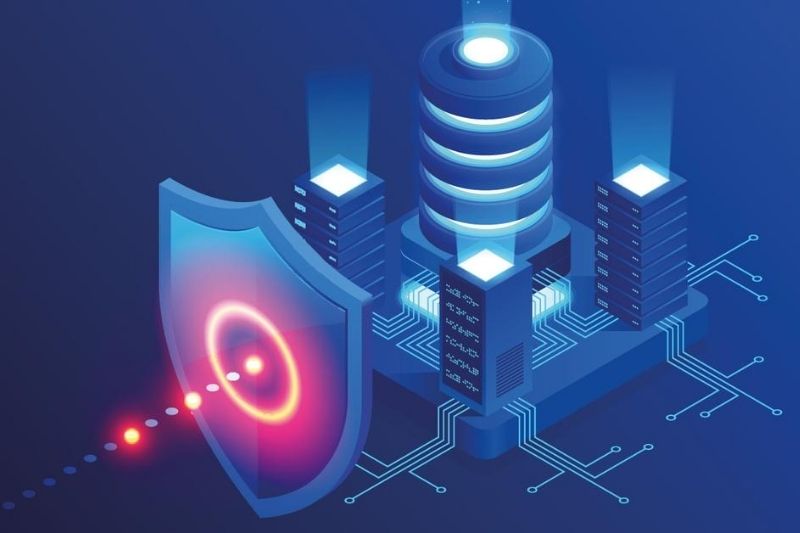
DIGITAL SECURITY
To provide enhanced cyber-security, ranging from secure information sharing to new assurance models.
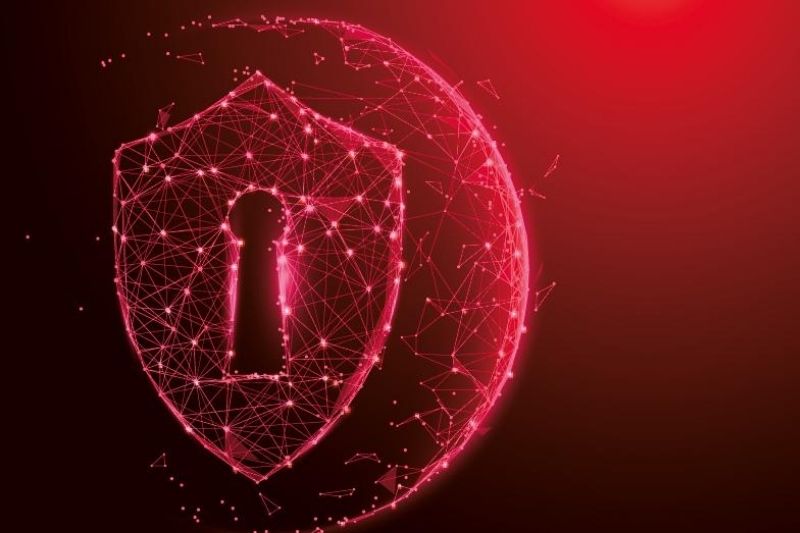
CYBERSECURITY
To enhance the resilience of our society against natural and man-made disasters, ranging from the development of new crisis management tools to communication interoperability, and to develop novel solutions for the protection of critical infrastructure.
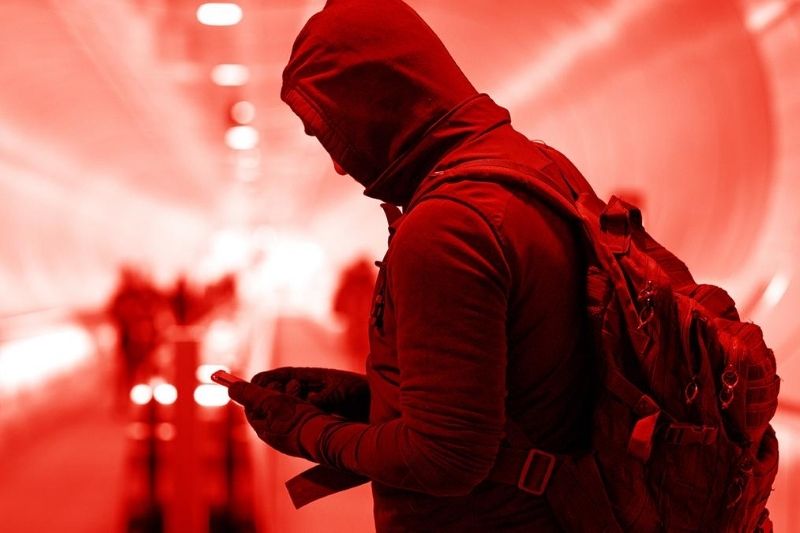
TERRORISM
To fight crime and terrorism ranging from new forensic tools to protection against explosives.
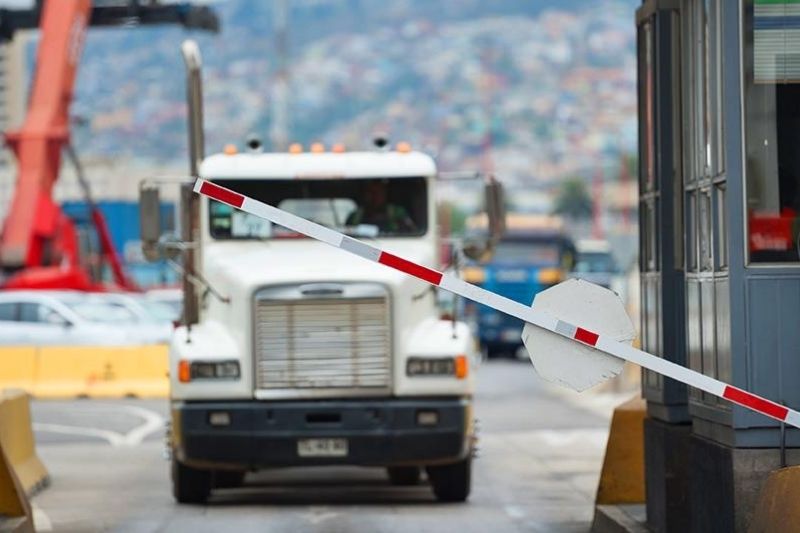
BORDER SECURITY
To improve border security, ranging from improved maritime border protection to supply chain security and to support the Union's external security policies including through conflict prevention and peace building.
Successful H2020 project examples:
SAFECRYPTO under H2020 ICT-32-2014 - Cybersecurity, Trustworthy ICT
Queen's PI: Professor Maire O’Neill
The Horizon 2020 project, Secure Architectures of Future Emerging Cyrptography (SAFEcrypto) brings together a consortium of four academic institutions, one research-intensive cybersecurity SME and three multi-national security companies, providing a balance of expertise in theoretical cryptographic primitive construction, cryptographic architecture design and optimisations, side channel analysis and key management.
The practical development of a quantum computer will render asymmetric cryptography, which is used in all of today’s security systems, insecure by virtue of Shor’s algorithm. SAFEcrypto provides a new generation of practical, robust and physically secure quantum-safe cryptographic solutions that ensure long-term security for future ICT systems, services and applications.

EUROBIOTOX under SEC-2016-2017-1 – biological toxins.
Queen's PI: Professor Katrina Campbell
Recent incidents in Europe and worldwide have threatened civil society by the attempted use of different biological toxins and have thereby shown that increased vigilance and adequate preparation is of increasing importance in a world facing growing risks of man-made disasters.
Using current best practice, the EuroBioTox core members will develop and validate improved analytical tools, reagents and standard operating procedures based on realistic incident scenarios. Certified Reference Materials for the threat biotoxins will be developed and, by establishing a European repository, will be made available to the EuroBioTox network including more than 50 European organisations, expert laboratories, industrial partners and end-users.
Training courses at basic and advanced levels will be developed and attended by the EuroBioTox network partners, followed by a series of proficiency tests which, through these “outer circle” associates, will disseminate best practice methods across Europe.
